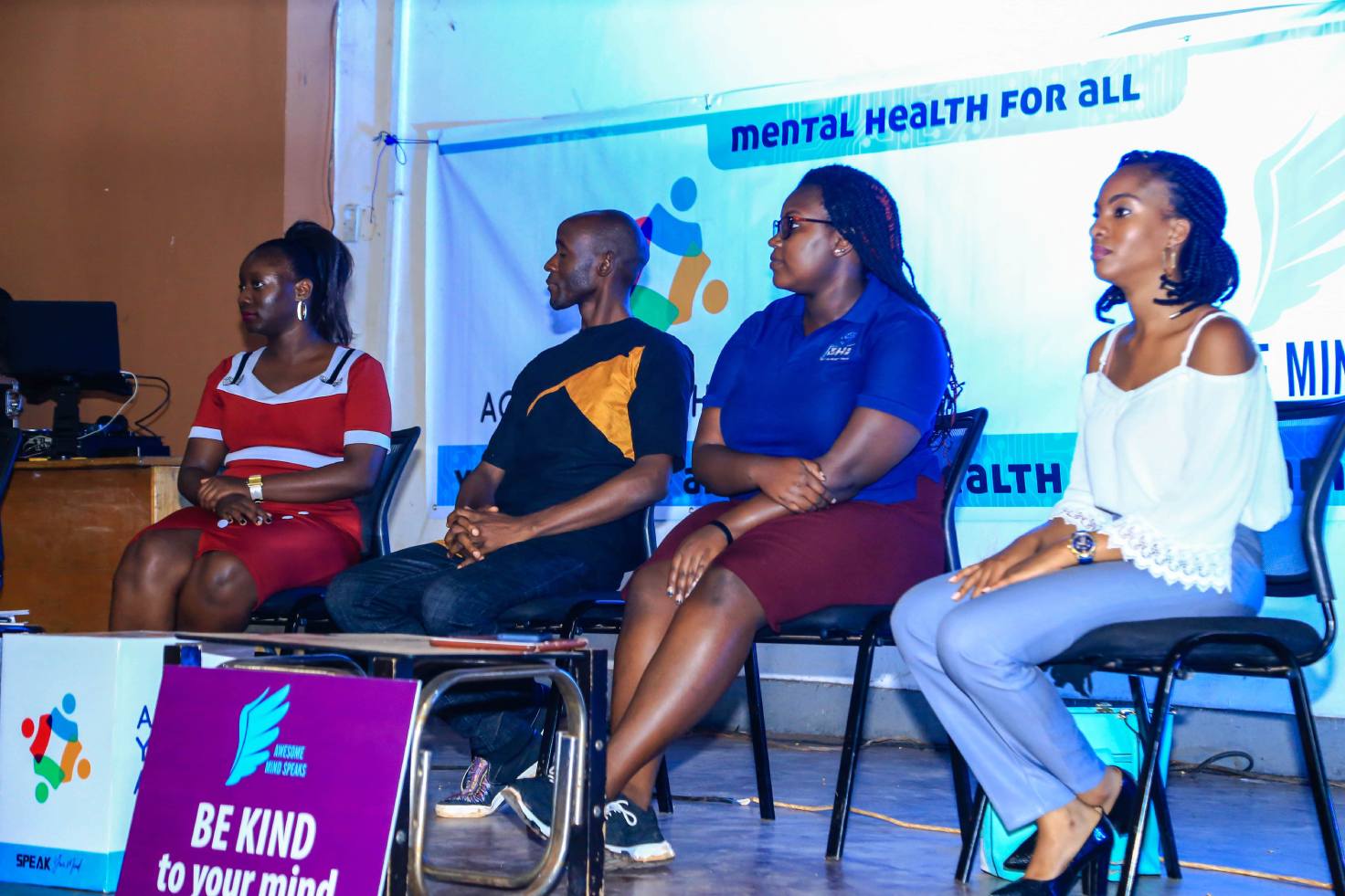



What Is Depression?
Depression is an illness characterized by persistent sadness and a loss of interest in activities that you normally enjoy, accompanied by an inability to carry out daily activities, for at least two weeks. In addition, people with depression normally have several of the following symptoms: a loss of energy; a change in appetite; sleeping more or less; anxiety; reduced concentration; indecisiveness; restlessness; feelings of worthlessness, guilt, or hopelessness; and thoughts of self-harm or suicide.
What Is Depression?
Depression is an illness characterized by persistent sadness and a loss of interest in activities that you normally enjoy, accompanied by an inability to carry out daily activities, for at least two weeks. In addition, people with depression normally have several of the following symptoms: a loss of energy; a change in appetite; sleeping more or less; anxiety; reduced concentration; indecisiveness; restlessness; feelings of worthlessness, guilt, or hopelessness; and thoughts of self-harm or suicide.
What Causes Depression?
The exact cause of depression is unknown. It may be caused by a combination of genetic, biological, environmental, and psychological factors. Everyone is different‚ but the following factors may increase a person’s chances of becoming depressed:
- Having blood relatives who have had depression.
- Experiencing traumatic or stressful events, such as physical or sexual abuse, the death of a loved one, or financial problems.
- Going through a major life change‚ even if it was planned.
- Having a medical problem, such as cancer, stroke, or chronic pain.
- Taking certain medications. Talk to your doctor if you have questions about whether your medications might be making you feel depressed.
- Using alcohol or drugs.
The campaign core
At the core of the campaign is the importance of talking about depression as a vital component of recovery. The stigma surrounding mental illness, including depression, remains a barrier to people seeking help throughout the country. Talking about depression, whether with a family member, friend or medical professional; in larger groups, for example in schools, the workplace and social settings; or in the public domain, in the news media, blogs or social media, helps break down this stigma, ultimately leading to more people seeking help.
The slogan
The campaign slogan is: Be my Keeper, Be my hero!
Who we are targeting
Depression can affect anyone. So this campaign is for everyone, whatever your age, sex, or social status. At Creative Youth Agency, we have chosen to pay particular attention to these groups that are disproportionally affected: adolescents and young adults who are in schools, university students and fresh graduates (unemployed graduates especially), work places and young single parents.
Goal: Youth with depression seek and get help.
Overarching messages
- Depression is a common mental disorder that affects people of all ages, from all walks of life, in all countries.
- The risk of becoming depressed is increased by poverty, unemployment, life events such as the death of a loved one or a relationship break-up, physical illness and problems caused by alcohol and drug use.
- Depression causes mental anguish and can impact on people’s ability to carry out even the simplest everyday tasks, with sometimes devastating consequences for relationships with family and friends.
- Untreated depression can prevent people from working and participating in family and community life.
- At worst, depression can lead to suicide.
- Depression can be effectively prevented and treated. Treatment usually involves either a talking therapy or antidepressant medication or a combination of these.
- Overcoming the stigma often associated with depression will lead to more people getting help.
- Talking with people you trust can be a first step towards recovery from depression
We are aiming to achieve the following;
- The general public is better informed about depression, its causes and possible consequences, including suicide, and what help can be available for prevention and treatment.
- Youth with depression seek help.
- Family, friends and colleagues of youth living with depression are able to provide support.
How can you get involved?
Use your experiences to help others
If you’ve been affected by depression then you’ve got a lot of expertise! Why not put it to good use in helping others? You could offer to be a mentor or peer- support worker. Offering emotional support to another depressed friend will make a difference!Spread the word
Spread the word about this site and help more people take action against depression.Distribute our adaptive campaign materials
If you are willing to help us spread the word, then contact our charity office for free brochures, palm cards and other publicity materials to distribute. This will increase the awareness of the campaign.Share information and materials on social media
Throughout the campaign we will be communicating via our social media channels.
Facebook- Creative Youth Agency
Instagram – Creative Youth Agency
Twitter – @CreativeYouthUgBe there for someone
Sometimes, just being there for someone can make a world of difference. Because of enduring stigmas associated with mental illness, many people don’t feel comfortable talking to anyone about what they are going through. But being there for someone makes it easier for depressed people to overcome it.Join Support Groups for depression under Creative Youth Agency
Contact Creative Youth Agency to see if there’s a support group in your area under the organization. If there’s none ask for help and guidance from us to help you start one. It should be noted that you should seek for permission first in order to open up a support group of depression under Creative Youth Agency. You will undergo training and at least one counselor will be availed to your support group to offer his/her expertise.Reduce stigmatization and discrimination associated with depression. Prejudice too often associates depression with a personal weakness rather than a real illness. This can discourage people going through depression from asking for help, getting information, accepting the diagnosis, and following a treatment. Prevailing prejudices against depression are to be reduced by means of targeted and proper information.






